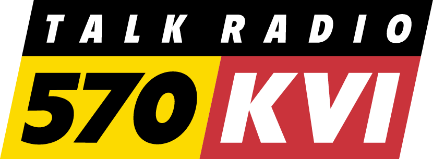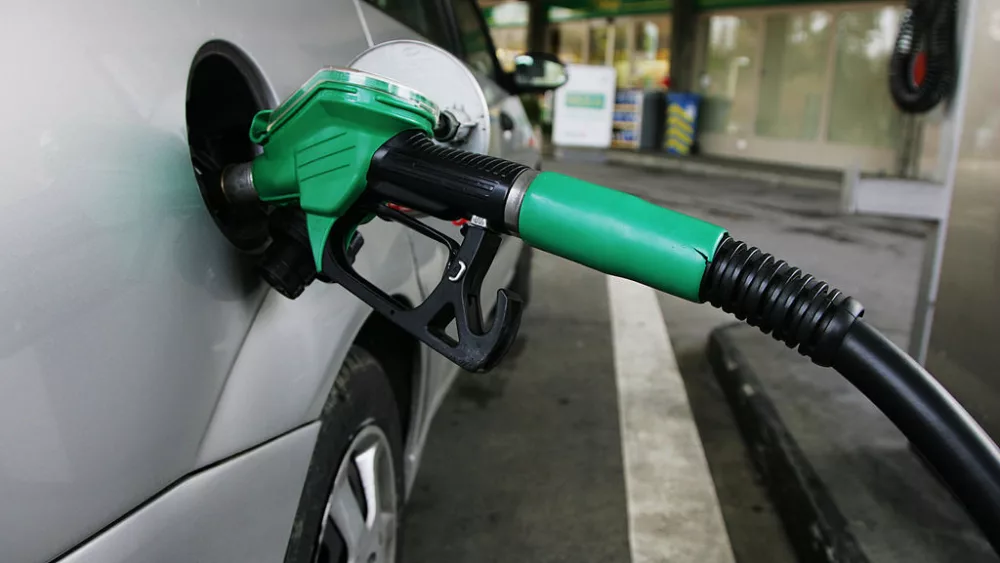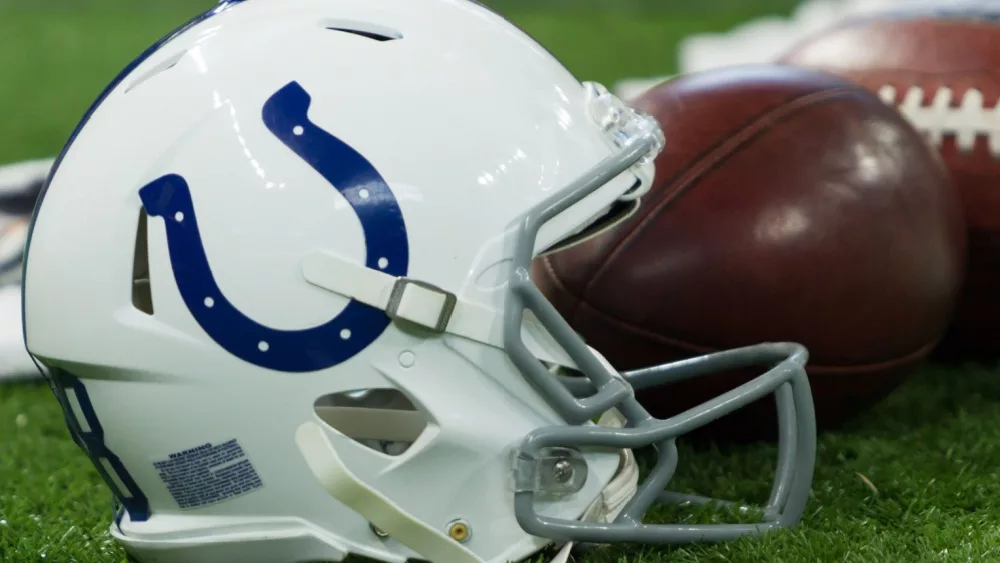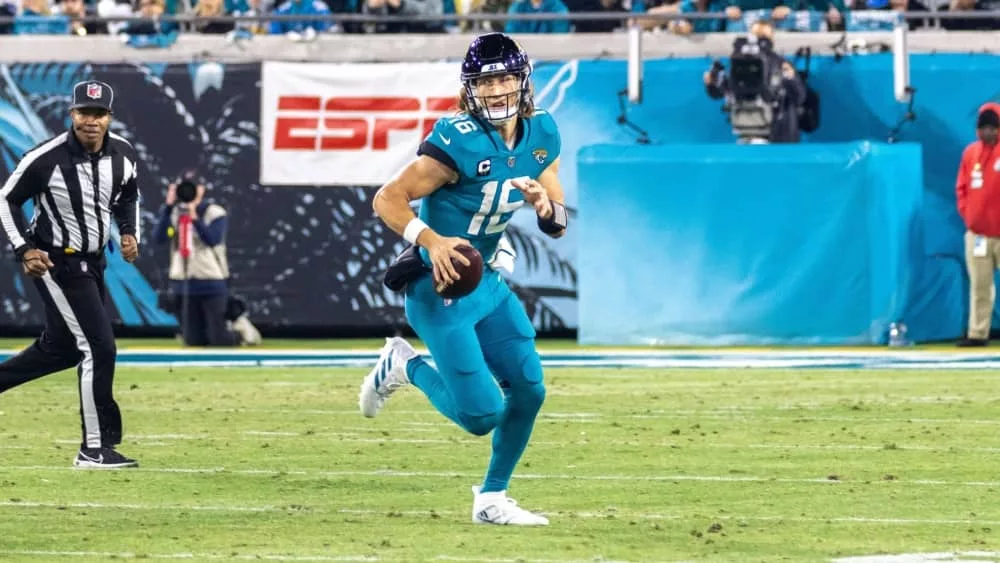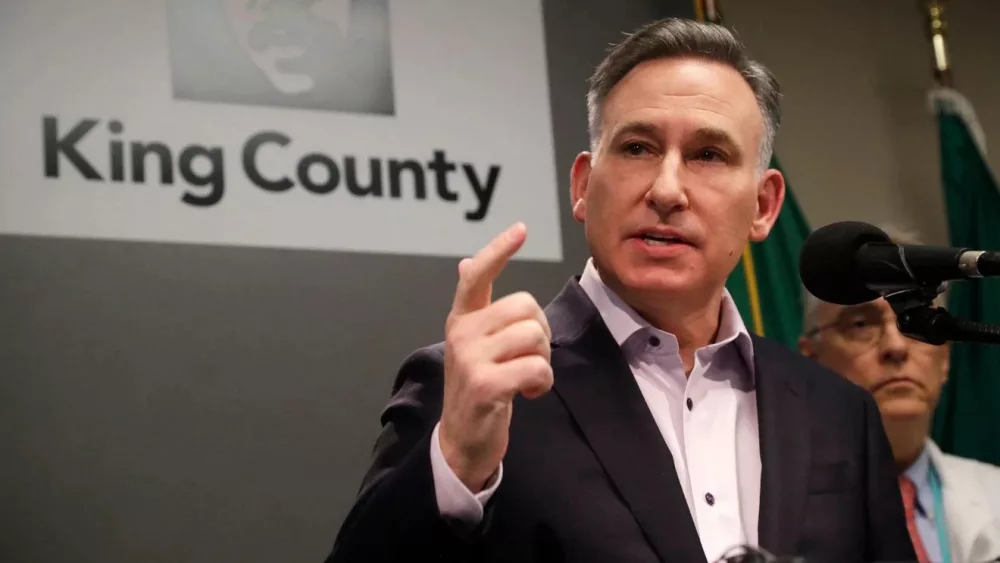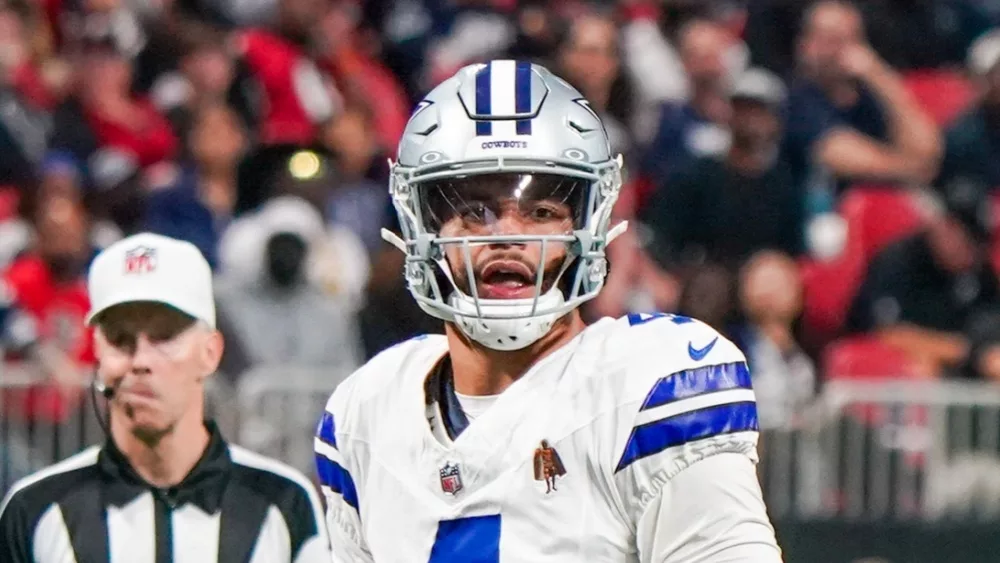
Hot take from KVI morning show producer, Phil Vandervort.
Seattle news website, Crosscut.com, authored a lengthy article about the status of Washington gasoline prices in connection to the new 2023 “cap and invest” law on carbon emissions allowances passed previously by Gov. Jay Inslee and Democratic majorities in the State Legislature.
There are plenty of take-aways available if you read the article. But one item stands out to me about where this law goes from here after Washington gas prices have become the highest or 2nd highest in the nation in the last few months.
In response to the steep climb in WA gas prices earlier this year, in July, at the Highline School District, Gov. Inslee indicated he thought the high gas prices were related to oil company price gouging.
Regarding that comment by Inslee, Crosscut includes in their above linked article:
On July 20, Inslee and Democratic legislative leaders announced their intention to file bills in the 2024 Legislative session to make oil companies more transparent. “This will force them to open their books and, if we find price gouging, to rein it in,” Inslee said.
Inslee’s plan would attempt to turn the tables on oil companies–never mind the lack of Inslee awareness that taxes on the books in WA are their own form of price-gouging as the state collects its tax-base off fossil fuels.
Crosscut adds that Inslee isn’t the only one supporting an oil company transparency bill: “We want radical transparency,” said State Sen. Joe Nguyen, D-White Center, at the same news conference.
From this point, the Crosscut story points out that Inslee, Nguyen, et al might be getting in over their heads: the Western States Petroleum Association believes Democratic leaders don’t have a good grasp on the complexity of what the proposed bill would seek. “Washington doesn’t know what it is getting into with this type of bill. … Thousands and tens of thousands of documents have to be collected,” said Slagle of Western States Petroleum. “There can be many layers of middle players involved,” Western State’s Spiegel added. While California installed its oil transparency bill this year, that state has some advantages over Washington in setting up such a venture, Slagle said. California has had its cap-and-trade law in place for 10 years, using that experience to set up the transparency system. Washington would have to build its transparency bureaucracy from scratch.
Building ‘transparency bureaucracy from scratch’ sets off all kinds of alarm bells with me personally given Gov. Inslee’s ability to guide this state with his 930 days of emergency COVID powers, his refusal to understand the problems associated with his COVID vaccine mandate for public employees and his Long Term Care (LTC) payroll tax that had to be delayed because of its myriad logistical problems and loopholes.
For Inslee and the ‘cap and invest’ tax supporters, it appears they have created another bizarre state law–like the LTC payroll tax–that creates more problems than it solves.
And then the Crosscut article arrives at these comments: With five refineries, Washington has the fifth largest crude-oil-refining capacity in the nation at 650,000 barrels per day. In 2020, 56 percent of the crude oil entering Washington came from Alaska. The costs of Alaska crude oil steadily increased this year, with those increases passed to the gas pump, according to the Alaska Department of Revenue.
Meanwhile, Washington’s “rack-to-retail” margins, the difference between the wholesale price and the retail price, are among the nation’s highest. Refined gasoline ends up in one of 27 wholesale clumps of tanks in Washington called “racks”.
Several reasons exist for the West Coast’s higher rack-to-retail margins. Among them, real estate costs — for gas stations, racks and refineries — are higher on the West Coast than in most of the United States, and those costs get passed to gas station customers.
That concept of increased bureaucratic costs on fossil fuel companies being passed along to consumers at the final transaction was contemptuously ignored by Inslee and fellow Legislative Democrats when they passed the new law. More frustrating than that, Inslee and fellow Democrats were warned that this ‘cost of doing business’ would get passed along to end consumers and they passed this convoluted plan anyway.
As Crosscut begins to explain this push for a transparency bill in the January 2024 Legislative session, it results in more evidence that the goal in Olympia is punish corporations that Democrats don’t like rather than trying to make life better for Washington residents who suffer the extra inflationary damage of paying higher prices on everything they buy because of those transportation costs getting passed along for anything on store shelves, most notably: groceries.
–written by KVI morning show producer, Phil Vandervort, who speaks for no one but himself.

